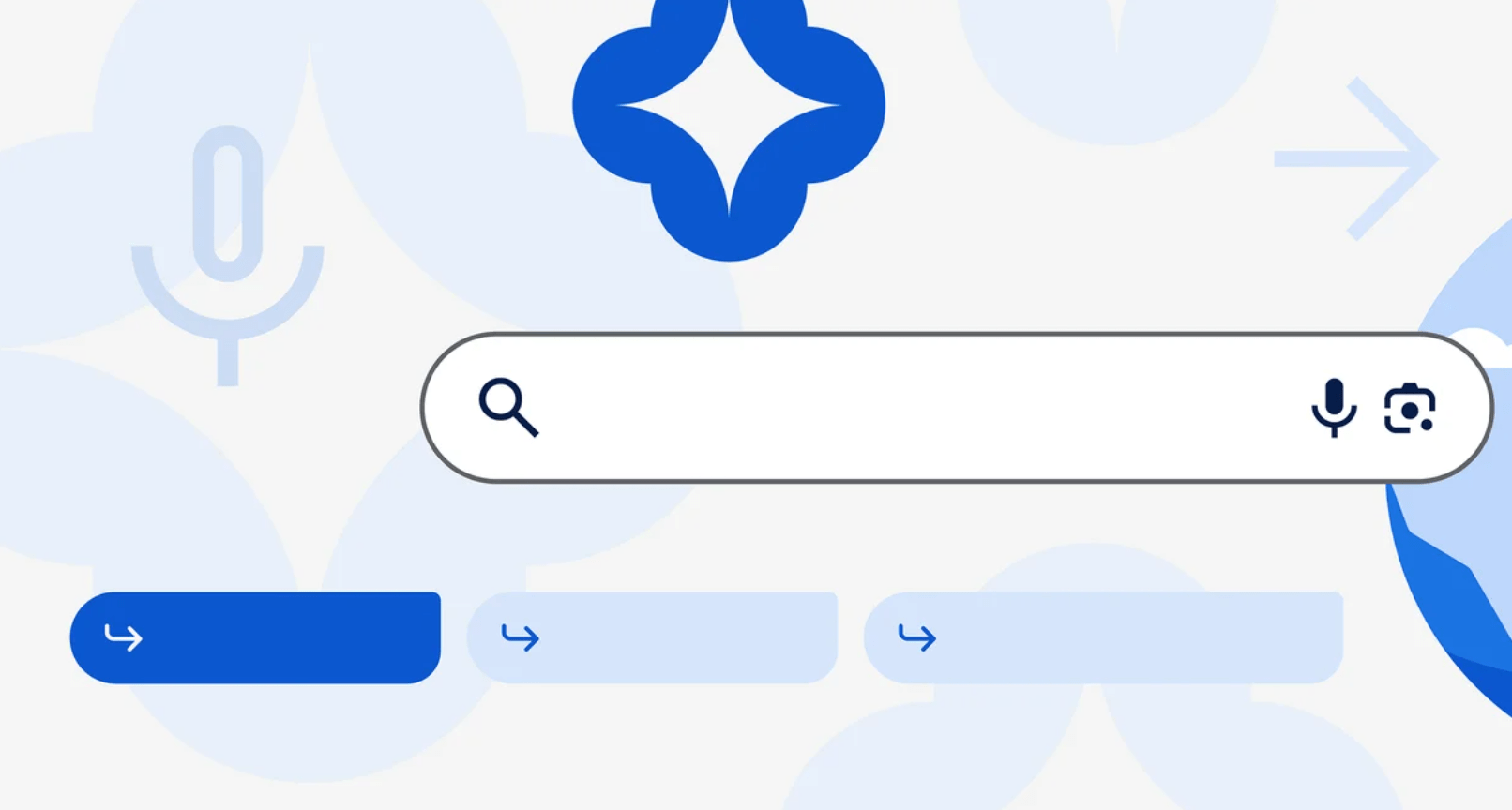Google brings its generative AI search to more countries

Google's new AI search is coming to Japan and India. It is particularly popular with 18-24 year olds, Google says.
Google is launching its generative AI search, Search Generative Experience (SGE), in India and Japan. In India, the search will be available in English and Hindi, and in Japan in local languages.
Google first launched the new search in early May for premium Google One customers in the US. It generates a ChatGPT-style response to the user's query. The classic list of links follows. If the user has additional questions about the results, a chatbot-like interface pops up.
Generating facts
The fact that Google is opening two more major test regions for the SGE, Japan and India, just three months after the U.S. launch, shows confidence. Google CEO Sundar Pichai recently described the response to the SGE in the US as "very positive". Generative AI allows Google to serve deeper and broader use cases, he said.
According to Google, younger users (ages 18-24) in particular prefer AI search because it allows them to create complex queries and follow-up questions through conversations. Users are asking new types of questions that they would not have thought of using traditional search, Google said.
Since its launch, Google has continued to improve SGE, doubling its speed and integrating more multimedia content. With Gemini, Google is also working on a next-generation multimodal AI model that will further enhance SGE's generative and multimedia capabilities.
The SGE cites and partially quotes Internet sources from which it draws its information. However, similar to Microsoft's Bing Chat, these citations are not exact, as the language model mixes and paraphrases web content with content from its training data.
For website owners, SGE poses a risk in that Google could largely cease to be the WWW's traffic engine. People who see their answer right in the search will be less inclined to go to a more in-depth site.
To be sure, Google CEO Pichai has stated that Google is committed to a "healthy, open web." However, SGE is moving directly in the opposite direction, and it is completely unclear if and how Google will continue to generate traffic for websites. In addition, Google is undermining the content and potentially the business models of websites with AI features such as automated summaries.
Google is also using the content of web pages to train AI and, in part, to generate answers. Fundamental questions about copyright in generative AI remain unresolved. Lawsuits against Google are pending.
Google would be the last major content platform to turn its back on the open Web. Meta, Microsoft (LinkedIn, Bing Chat), YouTube and Amazon also have an interest in keeping as many users as possible in their ecosystems for as long as possible, where they can be better monetized. Social media platforms like LinkedIn or Facebook algorithmically devalue external links to increase time spent on their platforms and make more money.
AI News Without the Hype – Curated by Humans
As a THE DECODER subscriber, you get ad-free reading, our weekly AI newsletter, the exclusive "AI Radar" Frontier Report 6× per year, access to comments, and our complete archive.
Subscribe nowAI news without the hype
Curated by humans.
- Over 20 percent launch discount.
- Read without distractions – no Google ads.
- Access to comments and community discussions.
- Weekly AI newsletter.
- 6 times a year: “AI Radar” – deep dives on key AI topics.
- Up to 25 % off on KI Pro online events.
- Access to our full ten-year archive.
- Get the latest AI news from The Decoder.